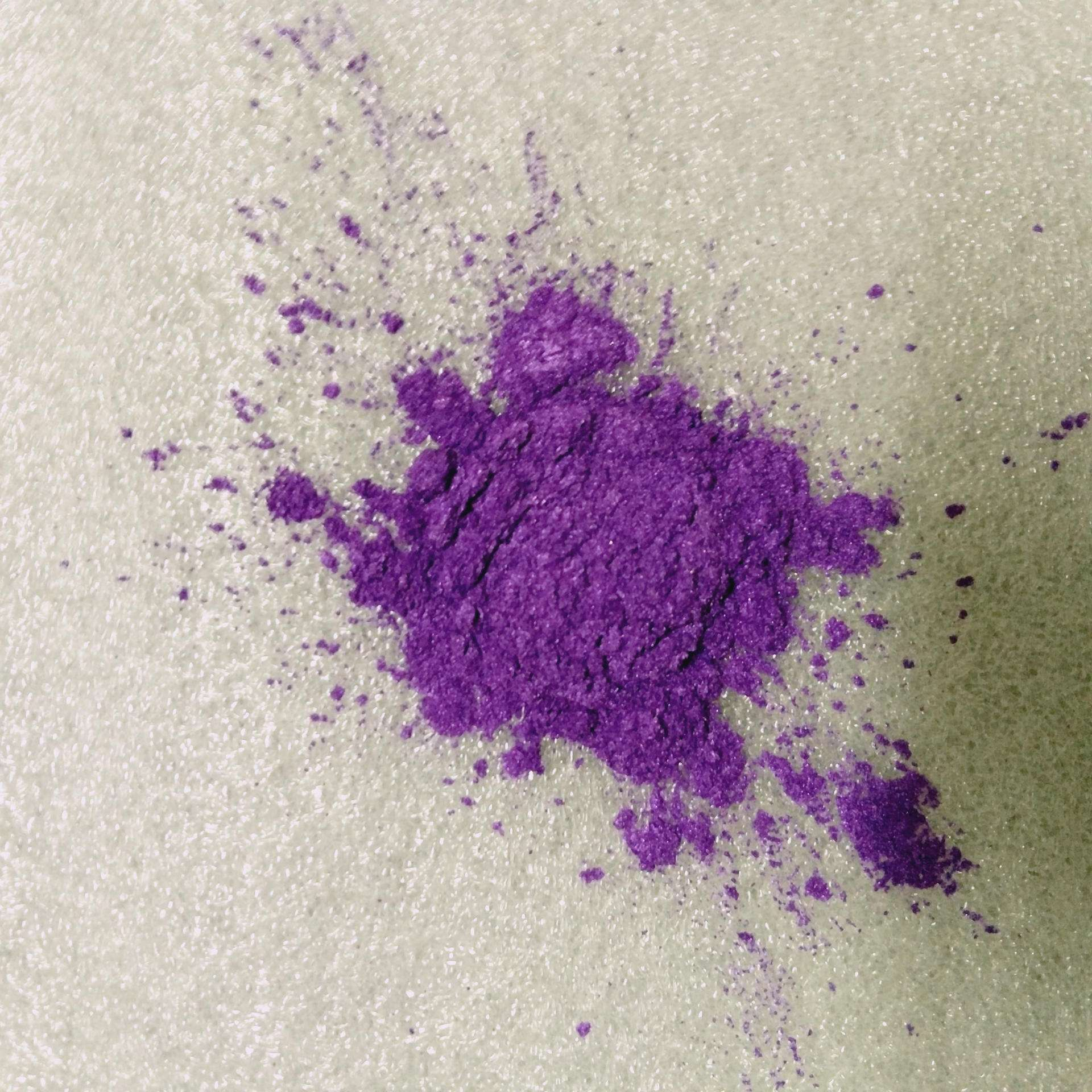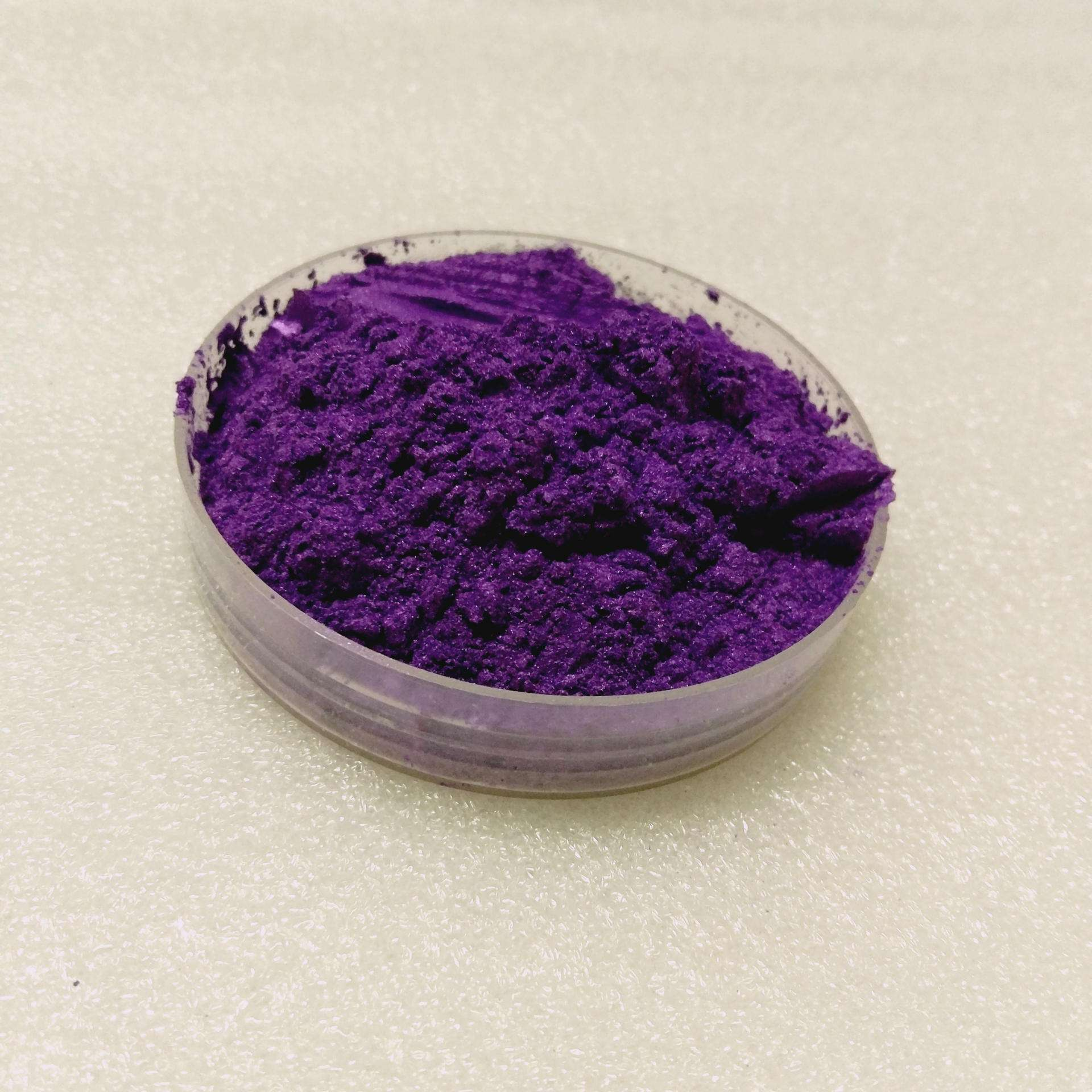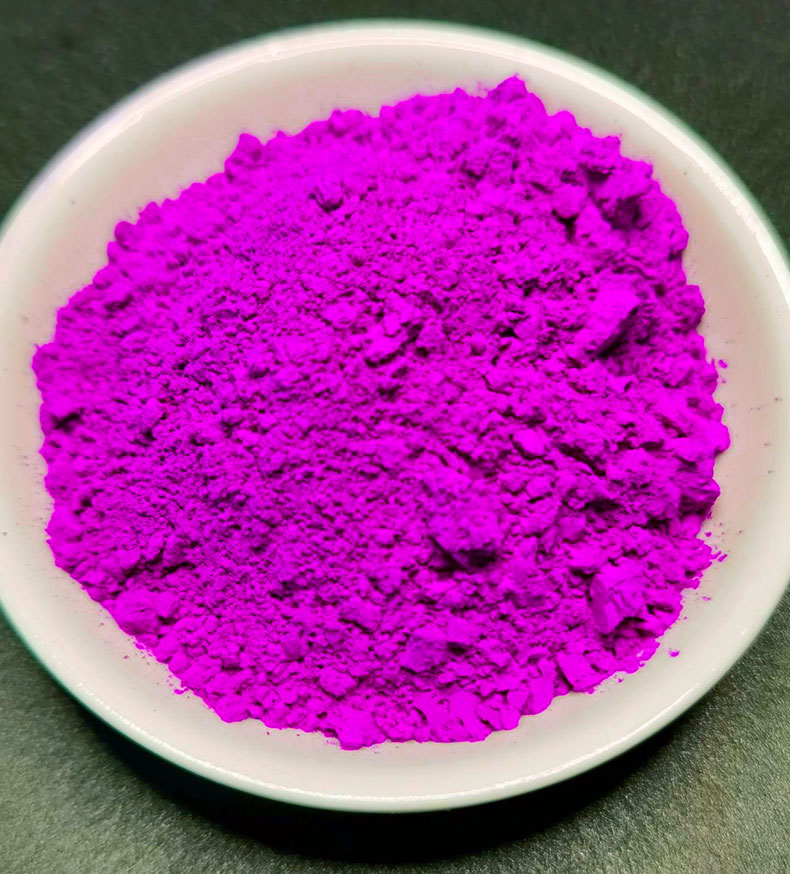German chemical company BASF announced that the annual production capacity of polystyrene product Neopor will be expanded by 50,000 tons
BASF recently announced plans to expand its downstream styrene industry chain at the Ludwigshafen production base in Germany, targeting a 50,000-ton increase in the annual capacity of Neopor polystyrene products. The expansion responds to the steady rise in market demand for building insulation materials; the new facility should be ready for production in early 2027.

Reportedly, Neopor is BASF's graphite-containing expandable polystyrene (EPS) particle, which is mainly used as a raw material for producing insulating materials for building envelopes. The material is made from adding graphite modification to the white EPS material developed by BASF. Compared to boards made using white EPS particles as raw materials, the board's thermal conductivity is reduced by about 20% while the insulation performance is improved by close to 30%. This year the EU duly passed the revised "European Building Energy Performance Directive". Building energy efficiency is expected to be improved there. Therefore, it is projected that the demand for energy-saving materials for building renovation in Europe will increase drastically in the ensuing years.
Dr. Klaus Ries, Head of BASF's European Styrene Business Management, commented that good insulation for buildings is necessary in delivering a reduction in greenhouse gas emissions and attainment of climate goals. EPS insulation materials could significantly reduce energy consumption and carbon dioxide emissions during building heating or cooling. Neopor materials are rather simple to supply and recyclable.













